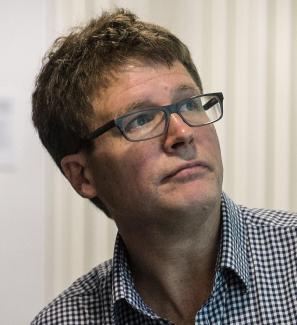The long-term impact of vocational training and job search assistance for unemployed youth: Evidence from a Field Experiment in Uganda
Youth unemployment and underemployment are key policy challenges in developing countries, especially in sub-Saharan Africa where 60% of the population is below the age of 25 and where it is expected to generate one million new unemployed in 2018 alone.
This project seeks to provide new evidence on the effectiveness of active labour market policies in improving youth labour market outcomes in developing countries, by evaluating the long-term impacts of an intervention targeted to unemployed youth in Uganda. The intervention was implemented by the NGO BRAC in 2013 following a randomized control trial design, and included two components:
- A vocational training component, consisting of the offer to young workers of six months of fully subsidized vocational training in sectors such as hairdressing or motor-mechanics and;
- A job search assistance component, which consisted of circulating information about job-seekers among a representative sample of small firms in urban Uganda.
In addition to the past three waves of post-intervention follow-up surveys for the workers participating in the study, the researchers aim to carry out one more round of worker surveys to be conducted about four and a half years after the interventions.
The new data allows the researchers to document the long-term impacts of vocational training and job search assistance, which is very important from a policy perspective, as cost-benefit considerations crucially depend on the evolution of treatment effects over time. The survey will also include additional questions on search behaviour and labour market expectations and preferences, which will shed light on the mechanisms behind any reduced form of impacts on employment and earnings.








